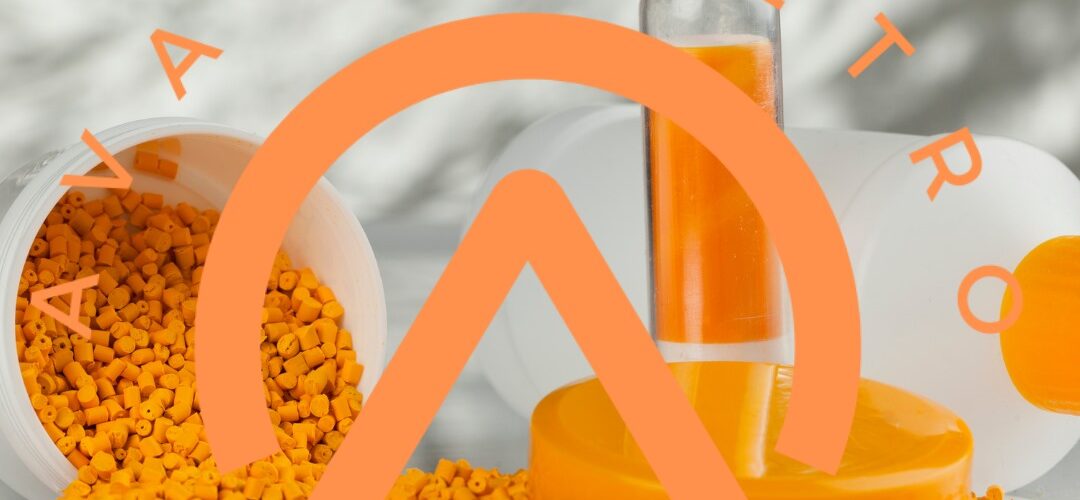Understanding Natural Plastics: A Comprehensive Guide
In today’s world, where environmental concerns are at the forefront of global discussions, natural plastics have emerged as a promising alternative to conventional petroleum-based plastics. But what exactly are natural plastics, and how do they differ from their synthetic counterparts? In this comprehensive guide, we delve deep into the world of natural plastics, exploring their origins, properties, uses, and environmental impact.
Origins of Natural Plastics
Natural plastics, also known as bioplastics, are derived from renewable organic sources such as corn starch, sugarcane, cellulose, and even algae. Unlike traditional plastics, which are made from non-renewable fossil fuels like oil and natural gas, natural plastics harness the power of nature to create sustainable alternatives. The production process of natural plastics typically involves fermentation, polymerization, and other bio-based techniques, making them inherently eco-friendly.
Properties of Natural Plastics
One of the key characteristics of natural plastics is their biodegradability. Unlike synthetic plastics, which can persist in the environment for hundreds of years, natural plastics break down much more rapidly, reducing the long-term environmental impact. Additionally, natural plastics can exhibit a wide range of properties, from rigid and durable to flexible and compostable, depending on the specific raw materials and processing techniques used.
Types of Natural Plastics
Natural plastics encompass a diverse range of materials, each with its own unique properties and applications. Some common types of natural plastics include:
Polylactic Acid (PLA)
Derived from fermented plant sugars, PLA is one of the most widely used natural plastics. It is biodegradable, compostable, and often used in packaging, disposable utensils, and 3D printing.
Polyhydroxyalkanoates (PHA)
PHA is produced by bacteria through fermentation of sugars or lipids. It is biodegradable, renewable, and exhibits properties similar to traditional plastics. PHA is used in various applications, including packaging, medical devices, and agricultural films.
Starch-Based Plastics
Starch-based plastics are derived from renewable sources such as corn, potatoes, and tapioca. They are biodegradable, compostable, and commonly used in food packaging, disposable tableware, and agricultural mulch films.
Cellulose-Based Plastics
Cellulose-based plastics are derived from cellulose fibers found in plants and trees. They are biodegradable, renewable, and often used in packaging, textiles, and consumer goods.
Environmental Impact of Natural Plastics
One of the primary benefits of natural plastics is their reduced environmental footprint compared to traditional plastics. Since they are derived from renewable sources and biodegradable, natural plastics offer a more sustainable alternative for various applications. By replacing conventional plastics with natural alternatives, we can mitigate the negative impacts of plastic pollution on ecosystems, wildlife, and human health.
Applications of Natural Plastics
Natural plastics are finding increasing use across a wide range of industries and applications. From food packaging and consumer goods to automotive parts and medical devices, the versatility of natural plastics makes them suitable for diverse needs. As consumer awareness and demand for sustainable products continue to grow, the market for natural plastics is expected to expand further in the coming years.
Conclusion
In conclusion, natural plastics represent a promising solution to the environmental challenges posed by traditional plastics. By harnessing the power of renewable resources and innovative manufacturing techniques, natural plastics offer a sustainable alternative for various applications. As we strive towards a more sustainable future, embracing natural plastics can play a significant role in reducing our reliance on fossil fuels and mitigating the impact of plastic pollution on our planet.
Written by Emir Narin

